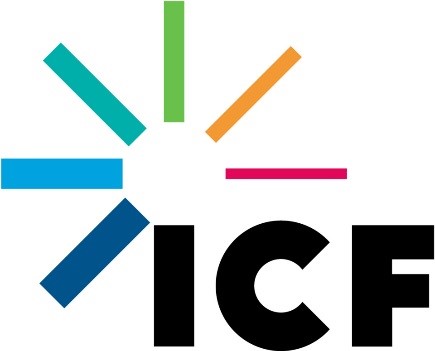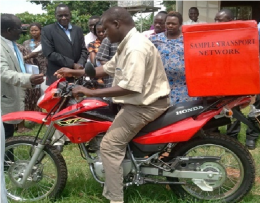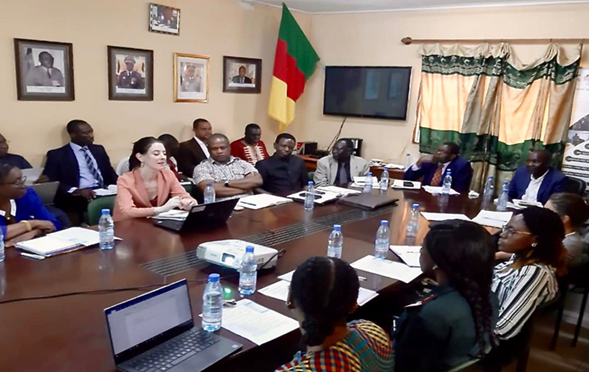
Supporting the Global Health Security Agenda
By Don Ellison, ICF | September 19, 2019
As part of USAID’s efforts working to control and combat new and existing infectious diseases worldwide, the Infectious Disease Detection and Surveillance (IDDS) project supports countries in detecting priority diseases and antimicrobial resistance (AMR) through building their national and subnational capacities to improve diagnostic networks and surveillance systems. This assistance adheres to the holistic One Health approach, which recognizes that people, animals, and their shared environment are interconnected.
Through IDDS, ICF and its consortium partners are working to strengthen the detection of priority diseases (e.g., tuberculosis [TB]); improve identification of AMR pathogens; and increase real-time surveillance. This will help countries avert the spread of these diseases, prevent and mitigate outbreaks, and inform interventions to reduce associated mortality and morbidity.
ICF and its IDDS partners will expand country capabilities through a systems-strengthening approach that will build upon existing partner platforms, expand access to diagnostic testing, and integrate and/or coordinate and align diagnostic network and surveillance reporting systems.

A life-saving diagnosis: Sample Transport, reducing the delay in monitoring and diagnosing. ©Reuters
ICF and its IDDS partners are taking a flexible approach to support policymakers, technical experts, and other stakeholders across human and animal health sectors to increase technical capacity and strengthen systems for diagnostic access and surveillance of AMR and priority diseases, including TB. This approach will be aligned with national priorities while supporting countries on their pathway to self-reliance. ICF and its IDDS partners understand the importance of cross-cutting components, including One Health, health workforce strengthening, capacity building, and public-private-sector partnership.

Introducing IDDS to key public health officials, experts and partners in Yaoundé, Cameroon.
Many work plans have already been approved by USAID, and the IDDS team is rapidly ramping up for implementation across Africa and Asia. While some of the countries are TB focused, others are more broadly AMR. The IDDS project is working in the following countries:
- Uganda
- Kenya
- Tanzania
- Madagascar
- Bangladesh
- Indonesia
- Burma
- Thailand
- Vietnam
- Mali
- Senegal
- Guinea
- Liberia
- Ethiopia
- Burkina Faso
- Cameroon
- DR Congo